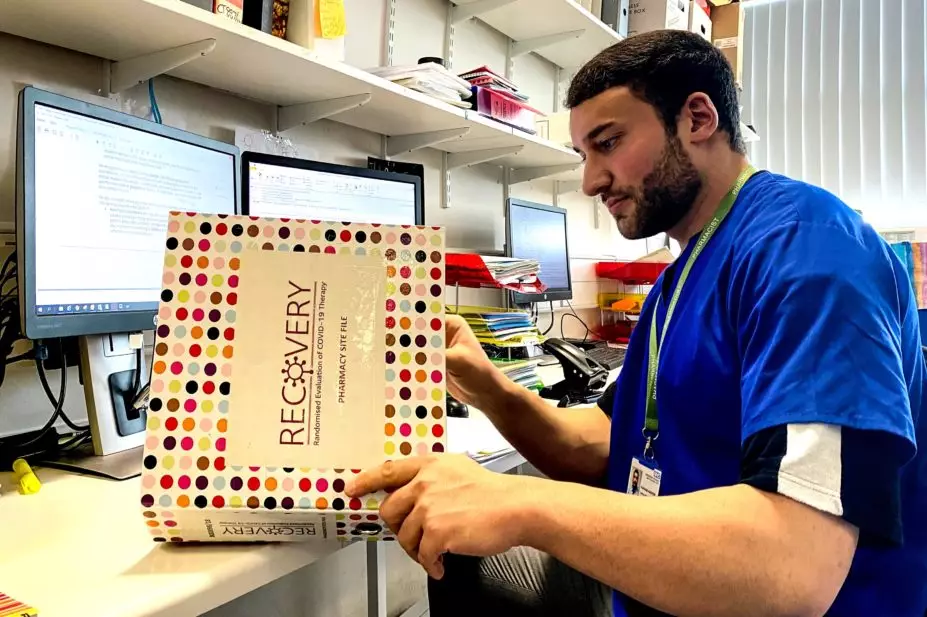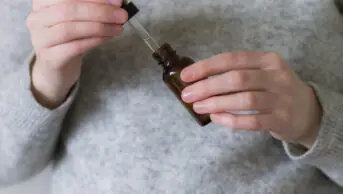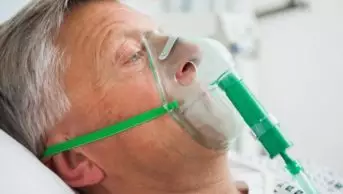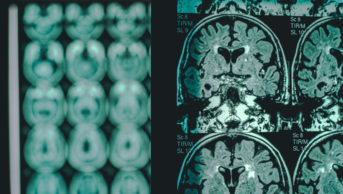
Parham Hashem
COVID-19 has had an impact on our workload: several non-COVID-related trials have been put on hold and routine activities, such as training sessions delivered by sponsors and inspections from the Medicines and Healthcare products Regulatory Agency (MHRA), have all stopped. However, our trust is now at the forefront of COVID-19 research in the UK. Currently, our trust has more than 2,300 participants in ten open studies and nine studies being set-up at our trust.
My overarching responsibility is to develop, deliver and evaluate our pharmacy clinical trials service, in line with ‘good clinical practice’ (GCP) — the international ethical, scientific and practical standard to which all clinical research is conducted. I ensure all practical aspects of a clinical trial, with regards to the pharmaceutical and/or advanced therapy medicinal product, is set up and delivered in compliance with regulatory and ethical requirements.
9:00 — start
I start my day by checking emails. These are typically from internal colleagues, such as research nurses and clinical trial co-ordinators, or from external bodies, such as sponsors and clinical research associates (CRA), who organise and administer clinical trials of new or current medicines.
I receive an email about one of the trials we participate in and which I have some oversight of: the national ‘Randomised evaluation of COVID-19 therapy’ (RECOVERY) trial. RECOVERY aims to assess the effects of different treatments in patients with COVID-19 by testing five existing therapies — no additional treatment, lopinavir/ritonavir, dexamethasone, hydroxychloroquine or azithromycin — as potential treatments. This is an adaptive clinical trial, meaning it can test new therapies as they become available, and it is often more efficient, informative and ethical than conventional trial designs.
The email is about an amendment to treatment for trial participants. I make notes of this in the pharmacy file in line with legal, ethical and hospital policy requirements.
I also check for any alerts from the MHRA and newsletter updates from the trust, which could include general policy changes and/or local guideline updates.
11:00
I attend the daily clinical trials team meeting led by our senior pharmacist, which mostly revolves around the hospital COVID-19 briefings. These outline daily hospital statistics, the opening or closing of any COVID-19 wards, and updates or reiterations of health and safety policy changes.
We discuss the challenges that the hospital is facing in managing movement of staff between COVID and non-COVID wards, daily guidance on minimising contamination, such as the safe disposal of personal protective equipment, and how the pharmacy team manages returned medications from COVID-19-positive wards under quarantine. This last point raises questions about temperature recordings for returned investigational medicinal products (IMPs) in quarantined areas, and ensuring temperature data are available in order to comply with trial protocols and GCP requirements.
12:00
I draft the dispensing and handling procedure for a phase III randomised trial exploring use of a high-dose therapy prior to radiation, versus use of a different radiotherapy strategy (which I am unable to disclose), to improve outcomes without increasing long-term side effects for patients with high-risk medulloblastoma. This is the most common malignant brain tumour in children and young people, which accounts for approximately 650 new cases per year in the EU alone. The outcomes of this study could potentially shape future therapies and improve treatment outcomes for patients in this demographic.
The medulloblastoma trial is one of the few unaffected by the pandemic as the IMPs are administered intravenously; therefore, hospital visits are essential for the patient and, because of that, patient delivery is not a required change like other trials. Many of the long-term trials have now changed their schedule and/or delivery policy so that trial participants can take their medication from home and are supplied large quantities of treatment if safe to do so.
13:00
During my lunch break I research clinical trials that are being conducted at other research facilities, such as the COV001 trial looking into the ChAdOx1 nCoV-19 vaccine at the University of Oxford, so that I can learn from the different protocols and approaches.
Given the size of the clinical trials facility at Manchester University NHS Foundation Trust, it is likely that any promising trial taking place in Europe, or other parts of the world, will find its way here.
14:00
I receive a call from a research nurse in the intensive care unit (ICU) and I am informed of a newly admitted patient who is COVID-19 positive and eligible for the RECOVERY trial.
This patient has been randomised for a single intravenous infusion of tocilizumab. The patient weighs more than 90kg and, therefore, needs an 800mg dose. Owing to its urgency, the stock is transferred directly to the ward, where a prescription will be issued prior to preparation and administration.
I make note of this transfer in the tocilizumab accountability log, which ensures an audit trail is available in the pharmacy folder for the RECOVERY trial. I then call the ICU research nurse and inform her that the requested tocilizumab solution for infusion is available for collection.
15:00
I conduct a temperature check for IMP stock for a non-COVID-19 trial sponsored and funded by a pharmaceutical company.
This particular IMP has a temperature storage requirement of 25°C, with a permitted range between 15–30°C.
Temperature monitoring is checked through a server linked directly to the clinical trial stock room thermometers. Before the pandemic, a CRA would physically check the site pharmacy folder at the clinical trials pharmacy site themselves and, if required, they would check the stock for accountability or destroying purposes. However, as a result of the government’s social distancing measures, this is now the responsibility of the clinical trials team. We can either download a temperature log for a given period directly from the server and email it directly to the CRA, or we can find a copy of the temperature log in the pharmacy folder (which is updated every month) and email a scanned copy of that to the CRA.
I confirm that no temperature excursions have taken place in the storage and delivery of the IMP, but should a temperature deviation occur outside this range, stock of the IMP will be quarantined from other trial stock and the CRA will be contacted immediately for advice.
16:30
I carry out clinical checks for preparations required for the next day, including those that must be sent to the aseptic unit to be prepared ahead of time, and arrange for couriers for home delivery patients. Thankfully, the hospital has a range of couriers to choose from and the suitability is determined by their availability and how soon the IMP is needed.
17:00 — finish
Before I end the day, I ensure that I finish any notes for pharmacy files that I have worked on. I also check my emails and calendar to see what I have scheduled for the following day.
Box: Are you interested in a similar role?
- Entry level clinical trials pharmacist roles are NHS Agenda for Change Band 7 or 8a, depending on experience;
- An interest in and understanding of research is essential for this role;
- The role requires effective time management, forward thinking and problem-solving skills in order to deal with high and unpredictable workloads;
- Clinical trials roles typically have no patient contact, but still require excellent communication skills when interacting with the multidisciplinary team;
- Get as much exposure to research as possible, either through a postgraduate pharmacy or research qualification, or through experience as a rotational pharmacist in an NHS trust that has a heavy emphasis on research excellence;
- The role provides entry to future job opportunities as a clinical research associate in pharmaceutical industry or as a principal investigator if there is a desire to get involved in research.


